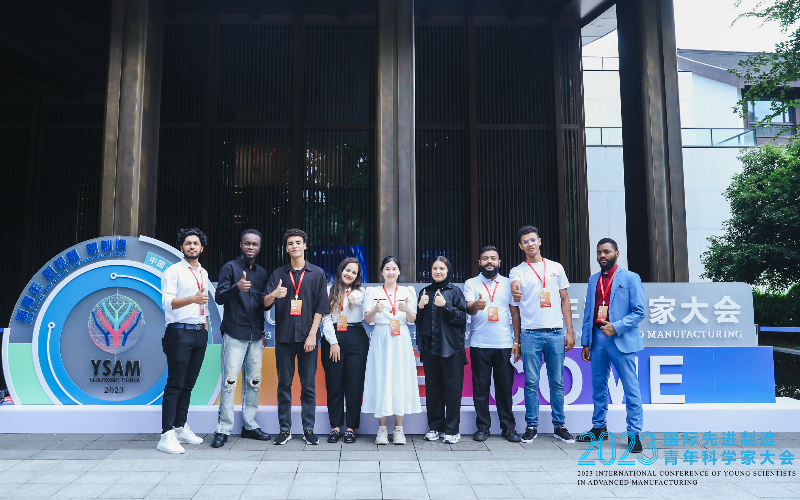ADB: China's economy to stay resilient

A view of the Huangpu River in Shanghai. [Photo/VCG]
Advisor confident country's global 'preeminence' in trade is intact
The Asian Development Bank said on Wednesday it expects China's economy to remain resilient and sustainable over the medium to long term.
"There is a combination of issues that many countries in developing Asia are facing but we do see the Chinese government responding quite strongly to some of these headwinds through a combination of fiscal and monetary policy measures," said Safdar Parvez, advisor at the East Asia Department of the ADB, during a virtual media briefing.
"The issues on the property sector in China are also a source of drag on growth right now but on the positive side, we see the government being very proactive and taking a number of fiscal and monetary policy measures to steady the situation, which will lay the basis for a resilient and sustainable economic foothold," said Parvez.
In the short term, however, the Chinese economy and other economies are facing headwinds. The ADB's updated projections show China's GDP growing 3.3 percent this year while overall developing Asia's GDP is expected to grow 4.3 percent, he said.
"There is a temporary slowdown, globally as well as regionally, in terms of economic activities. But we do foresee that this situation will be reversed, and China will retain its preeminence as the Asia hub for trade and investment activities, not just in this region but also globally," he said.
"We believe that China remains a great investment destination to start off as the second-largest economy in the world with lots of opportunities."
The country remains an important part of regional and global production networks and supply chains. It is increasingly moving up the technological ladder and investing in high technology as well as medium technology, which is the future in terms of productivity, he said.
Earlier this year, ADB President Masatsugu Asakawa told Nikkei in an interview the regional development bank will start discussions next year on whether to end new loans to China. Some observers say the nation no longer needs economic assistance from other countries, Nikkei reported.
Decisions on graduation by borrowers of ADB are made by the bank's shareholders. The criteria for graduating from regular ADB assistance are: gross national income per capita, availability of commercial capital flows on reasonable terms, and attainment of a certain level of development by key economic and social institutions, said Teresa Kho, ADB director-general for East Asia.
"When we submitted our country partnership strategy between the ADB and the People's Republic of China last year, which was endorsed by the board, we did mention in one specific paragraph that the graduation assessment will be reviewed at midterm of the country partnership strategy implementation to evaluate China's progress against key indices and other performance metrics at the sector and thematic level. The midterm review and updated analysis will serve as the basis for discussions with the PRC authorities on the development partnership and graduation readiness," said Kho.
"It will be best to wait for the process of the midterm review of the country partnership strategy to share some data on China's progress before anyone comes to any conclusion," she said.
Looking ahead to the fourth quarter, China's exports may weaken, the impact of COVID-19 on the economy will remain, and the recovery of domestic demand will rely on continuous strengthening of policies to stabilize growth and continuous optimization of pandemic control policies, said the Bank of China Research Institute in a report published on Wednesday.
China's GDP growth is expected to reach around 5 percent in the fourth quarter and around 3.5 percent this year.
The focus of policies is on stabilizing domestic demand and expectations. China should strike a balance between demand for stabilizing growth and fiscal sustainability. The government should also keep increasing capital utilization efficiency, and strengthen the functions of structural monetary policy instruments, the report stated.





 play
play
